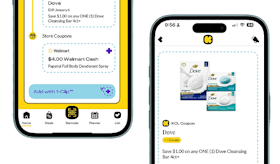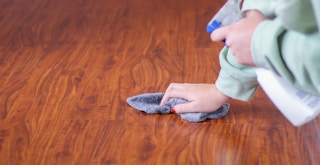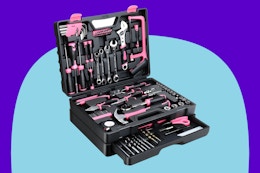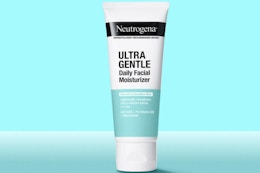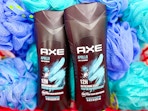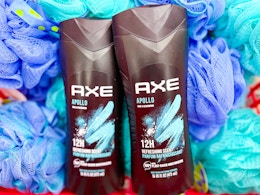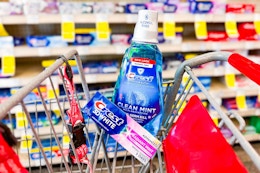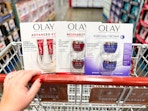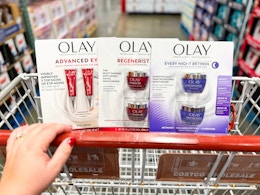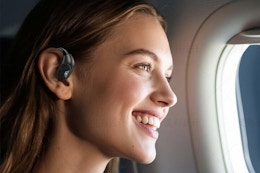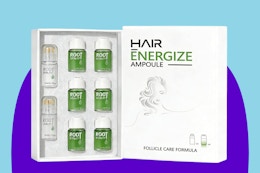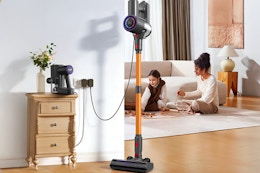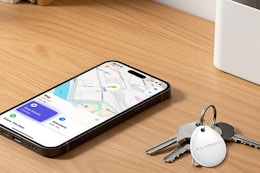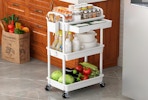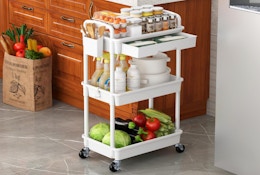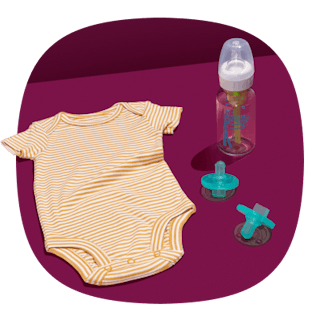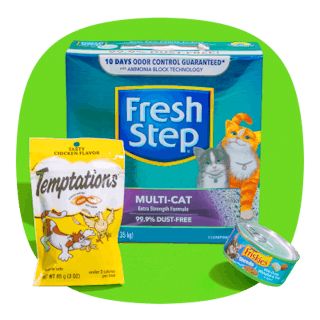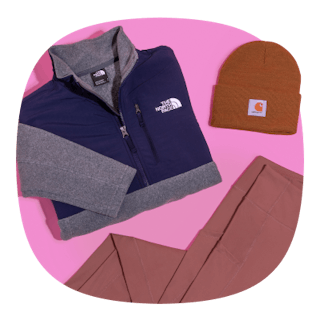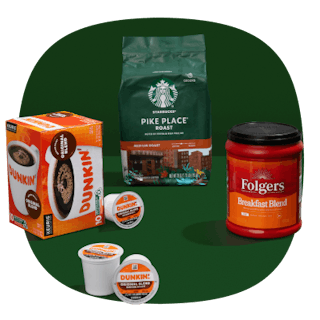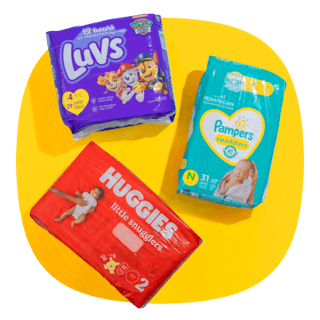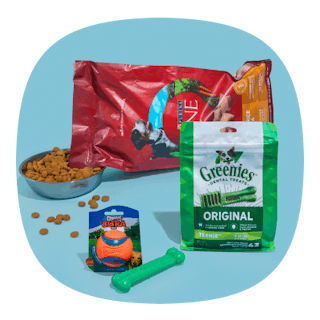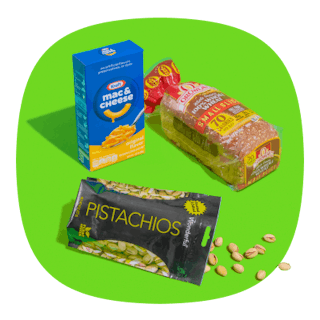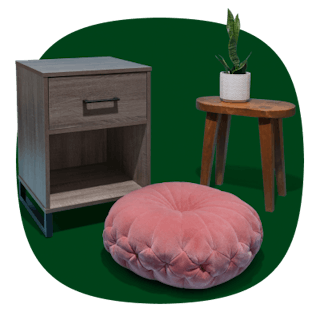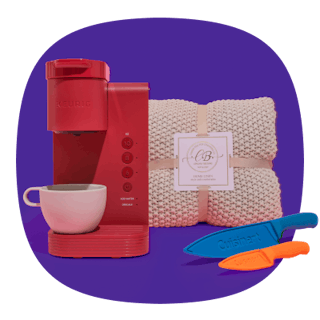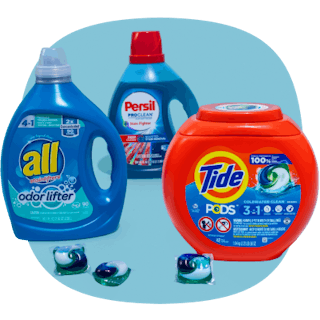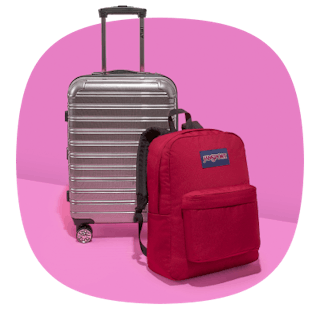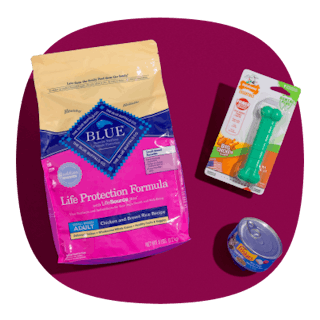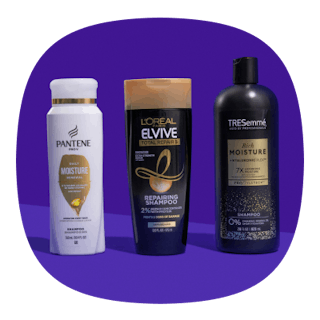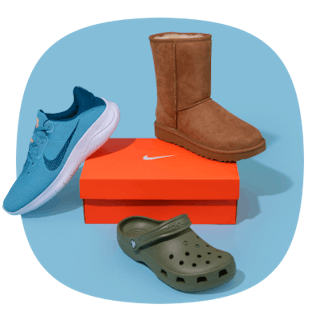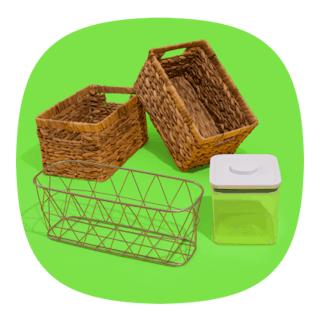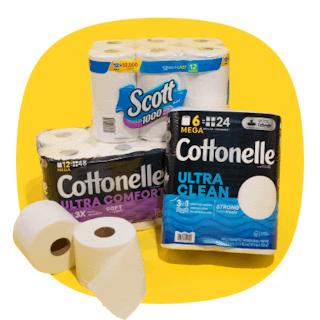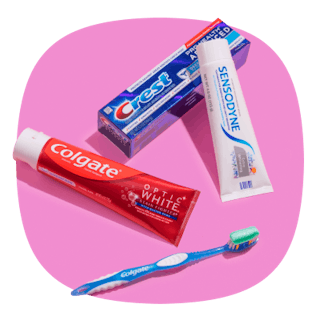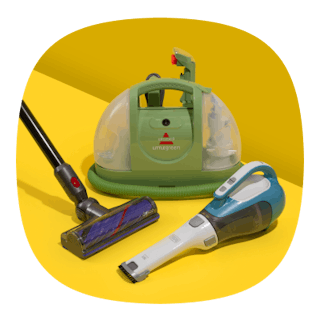Hardwood floors are an expensive (albeit completely worth the cost) addition to your home. They’re durable, long-lasting, and don’t trap allergens like dust, pet dander, and pollen the way carpet does. Since they are so costly, the last thing you want to do is reduce the lifetime of your hardwood flooring by not caring for it properly. But bringing in a professional on the regular is expensive. So we looked at how to clean hardwood floors like a pro ourselves.
Hardwoods come in different species and varieties. How you clean them will vary by type of wood. Here are all of our tried-and-true steps for how to clean hardwood floors, as well as some product recommendations and money-saving tricks.
If you have any tips to add, be sure to leave them in the comments! And for more cleaning tips and money-saving ideas, download The Krazy Coupon Lady app to get them right on your mobile device.
There are different types of hardwood, and some require different cleaning methods.

If you purchased or installed your own hardwood flooring, you likely already know which type of hardwood is in your home. And you probably have some general knowledge on how to best clean it. If not, here’s a quick rundown of the different types of hardwood floors.
- Solid hardwood is, as the name suggests, a solid piece of wood from top to bottom and comes in a variety of species and finishes. You’ll want to avoid saturating the wood with water and avoid using harsh chemicals and soap-based cleaners. These can damage the finish or warp the wood.
- Engineered hardwood is made from multiple layers of wood that are laminated together. It’s more stable and less likely to warp or cup than solid hardwood. You’ll clean engineered hardwood like solid hardwood, but follow the manufacturer’s specific recommendations for cleaning and maintenance, as different finishes may require different cleaning methods.
- Parquet is a hardwood floor that has geometric patterns and is often made from smaller pieces of hardwood that are pieced together. Clean these floors as you would other hardwood floors.
- Bamboo is a sustainable and eco-friendly alternative to traditional hardwood floors. You’ll clean bamboo floors using a damp mop and a pH-neutral cleaner specifically designed for bamboo. Avoid using excessive water, as it can cause the bamboo to swell and warp.
- Exotic hardwoods, such as teak and mahogany, are prized for their unique colors and patterns. They are often more expensive than other types of hardwood floors. You can clean these like others on the list, but since they’re pricey (and gorgeous), be sure to adhere to any cleaning recommendations from the manufacturer.
Related: 13 Deep Cleaning Tips for the Germiest Households
Here’s how to clean hardwood floors regularly.
To keep your hardwood floors looking like new, here are four simple steps to a regular cleaning routine. We totally get that it may not be feasible to do these daily or even weekly. But try to get on a regular cleaning schedule to keep your floors from becoming damaged and scratched.
1. Sweep or vacuum up dirt and debris daily if you can manage it.

The more quickly you remove dirt and debris, the less likely it is to damage your floor. Use a soft-bristled broom or vacuum cleaner to remove dirt on a daily basis. If you can’t swing daily, aim for every other day or at least spot-clean any visible dirt as soon as possible. Clean under area rugs as often as you can. Dirt that gets trapped under rugs and then walked on can scratch hardwood floors. We’ve got some vacuum recommendations and shopping advice below!
2. Use a floor-friendly dust cloth weekly.

To remove hard-to-see dust and to clean floors under furniture, you should be dust mopping your floor on a weekly basis.
Swiffer is a trusted brand that offers a huge variety of floor-cleaning tools. But we’ve also tested store-brand floor dusters and think they’re well worth the money saved. If you are a die-hard Swiffer fan, you’ll get the best deals on their dry cloths on Amazon. We’ve seen the 52-packs for $13.24 (or $12.58 with Subscribe & Save) which works out to $0.25 per cloth. Walmart is the next best price at $0.27 per cloth, or $14.44 for 52 Swiffer sweeping cloths.
For generic brands, Walmart and Amazon store-brand sweepers work out to the best price. Walmart’s Great Value dry sweepers are $9.28 for 52 cloths, or $0.18 per cloth, and Amazon Basics dry cloths are $14.15 for 64, or $0.22 per cloth (even less if you do Subscribe & Save). Target’s Up & Up brand is pricier than Swiffer’s on Amazon, so we recommend you avoid those.
Shop dry sweeper cloths.
3. Mop with a cleaning solution monthly (especially during the winter).

Using a cleaning solution on your floors monthly is a surefire way to remove any stuck-on debris or dirt. It also removes footprints and any oils from your skin if you tend to walk barefoot in your home. Just be sure to choose the right cleaning product. Solid hardwood floors, for example, don’t play nice with soap-based cleaners, as they can damage the floor’s finish.
We’ve got a list of our favorite cleaning solutions as well as which floors they work with to help you decide if you’re unsure which to use. When in doubt, use plain water. Mopping with water to remove dirt is still great for your floors, and you won’t have the added stress of choosing a cleaner.
Tip: Change out any dirty water for fresh water as you mop to ensure all the dirt and dust are removed completely.
4. Manage spills immediately to prevent staining.

If you have an occasional spill, it’s best to clean it up immediately. Use a vacuum to clean up large debris, or use a soft paper towel or reusable microfiber cloth to clean up any liquid spills. If you spill something that could potentially stain, like fruit juice or wine, it’s best to bust out the cleaning solution right away. Make sure you’ve wiped up the spill, cleaned the floor, and let it dry completely.
Use the right tools to clean your hardwoods.
Don’t let the name fool you. Not all hardwoods are, well, hard. Some have a softer feel, and for that reason, they scratch more easily than the harder, firmer wood flooring. This is why you have to be particularly careful with the tools you use to clean your hardwood floors.
How to choose a vacuum for hardwood floors.
Vacuums with soft brush rollers or no roller at all are best for hardwoods because they reduce the risk of scratching as they clean. Be sure to look for models with powerful suction (or a max power setting) so they can fully clean the cracks and crevices of your floors. You should also consider adjustable height settings and attachments specifically designed for hard flooring, as these can help you get the best clean.
Shop vacuums for hardwood floors.
The best mops for hardwood floors are soft and absorbent.
Microfiber mops are an excellent and eco-friendly way to clean your hardwood floors. They can be thrown in the washing machine and reused over and over again. Plus, they’re soft enough to not scratch your floor even if you use a little elbow grease. They’re also extremely absorbent so you reduce the risk of leaving any standing water behind as you mop.
If you prefer a mop with a few more bells and whistles, there are some spray mops and even robot mops to clean your floor for you! Spray mops work well; just be sure you’re using an approved cleaning solution. Robot mops are like robot vacuums, and they can clean your floors without any help from you. While these mops are not the best for big spills, they are great for daily, weekly, or monthly upkeep. Robot mops are also the most expensive of the bunch, so make sure your floors can handle them, and read the manufacturer’s guidelines before splurging on an expensive one.
When looking for a mop that does a bit more, we recommend that you steer clear of steam mops for hardwoods. While these mops are great for sealed surfaces like tile, they are not recommended by most hardwood floor manufacturers. The heat and moisture can damage the floors.
Tip: Buy an affordable pack of microfiber towels on Amazon ($13.70) and use them with your Swiffer floor duster as a reusable DIY microfiber mop.
Shop mops for hardwood floors.
Make sure the store-bought cleaning solution formula is right for your floor.

We can’t stress enough that you should review the manufacturer’s guidelines for your flooring before selecting a cleaning solution. But what if you aren’t sure of your floor’s manufacturer? That’s okay! There are some hardwood cleaners that are safe for nearly any type of hardwood. We recommend sticking to those and also trying them in an inconspicuous part of your home first to make sure there is no damage, staining, fading, or buildup before using them on your entire home.
Types of floor cleaners to consider.
These are some of our favorite versatile and affordable hardwood floor cleaners. They are formulated to be safe on all hardwoods, but double-check your floor’s cleaning guidelines before purchasing.
- Bona Hardwood Floor Cleaner: This is a water-based cleaner that is specially designed for hardwood floors and bamboo. It’s nontoxic, fast-drying, and leaves no residue behind. This works out to $0.28 per ounce, which is the most expensive on our list but also arguably the most versatile and gentle cleaner.
- Method Squirt + Mop Hardwood Floor Cleaner: This cleaner comes in a spray bottle and is made from plant-based ingredients. It’s safe for use on hardwood floors and leaves behind a pleasant scent. This cleaner is $0.22 per ounce, the second-best price.
- Better Life Dirt-Destroying Floor Cleaner: A plant-based, cruelty-free floor cleaner that has no wax and is safe for hardwood and bamboo floors. This is the best priced cleaner we recommend. It’s $11 for 64 ounces on Amazon, which works out to $0.17 per ounce.
When shopping for a cleaner that works with your floor, find a compatible cleaner that’s around $0.20 per ounce or less. The prices listed above are not on sale, so if you can find a high-quality cleaner on sale for around $0.15 per ounce, you’re doing it right!
Are there any cleaners you should absolutely avoid? Yes! You never want to use ammonia-based cleaners, bleach, undiluted vinegar, or pine oil on your hardwood floors. These are too harsh and can cause damage to the finish. We’ve also seen a lot of recipes for DIY vinegar-based hardwood floor cleaners, and to be perfectly honest, we’d avoid them. Vinegar is an acid, and over time it can eat away at your floor’s finish.
Tip: If you prefer a DIY hardwood floor cleaner, consider adding a teaspoon of pure castile soap to four cups of water.
Shop hardwood floor cleaners.
Download the KCL app to add and redeem coupons in store
